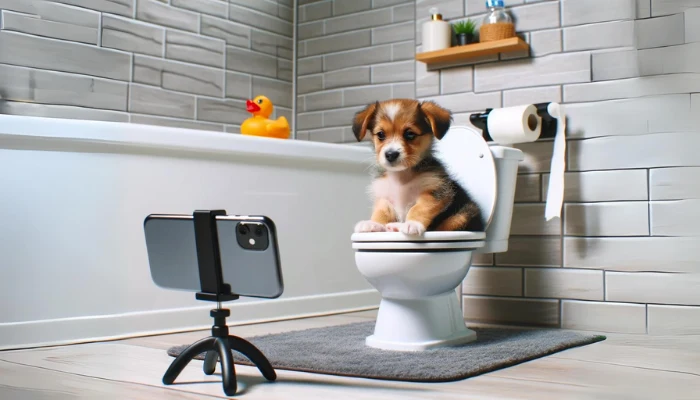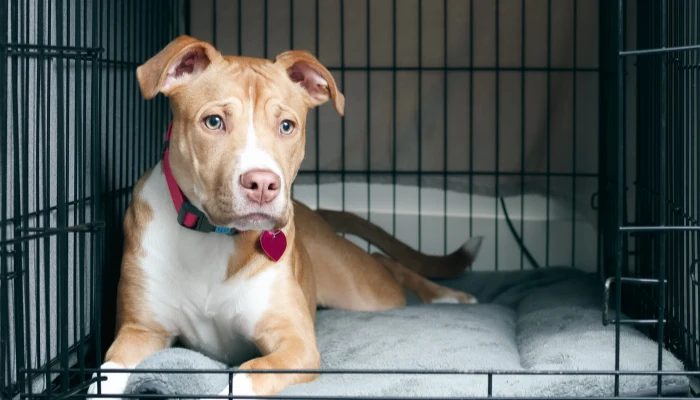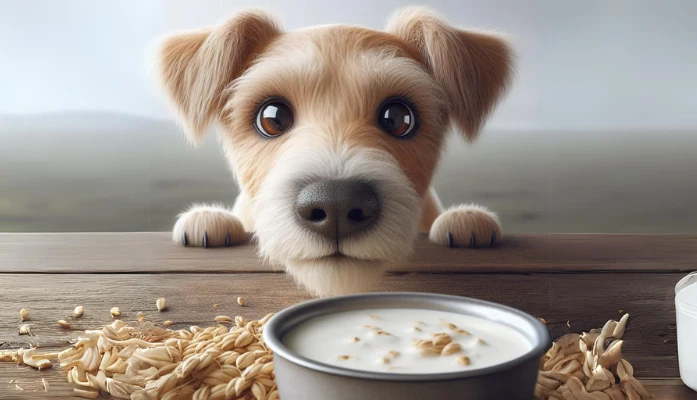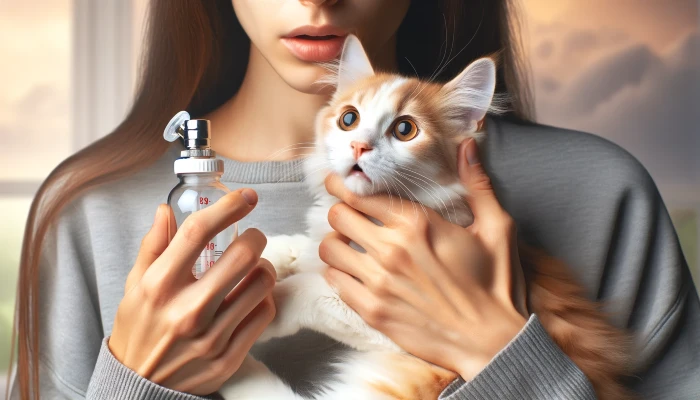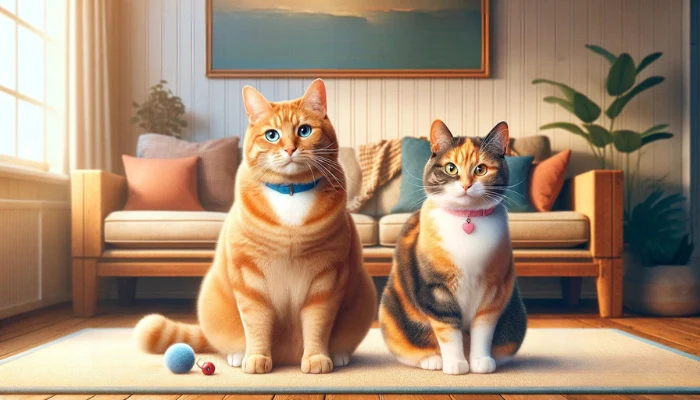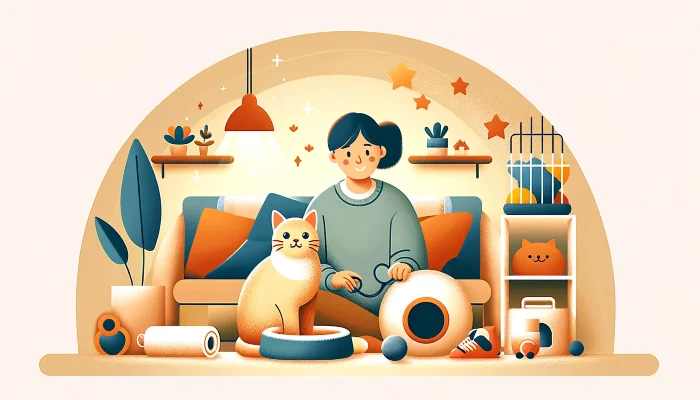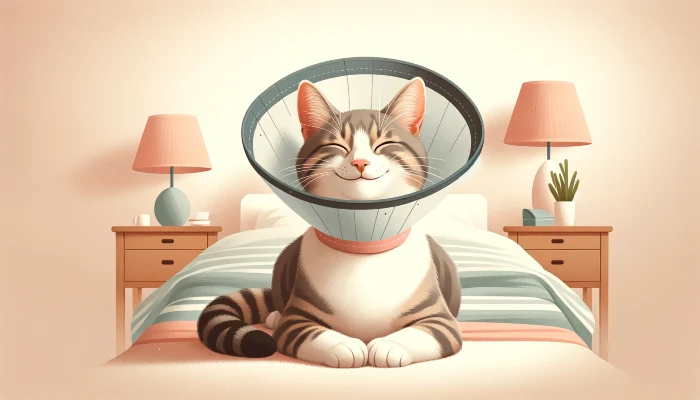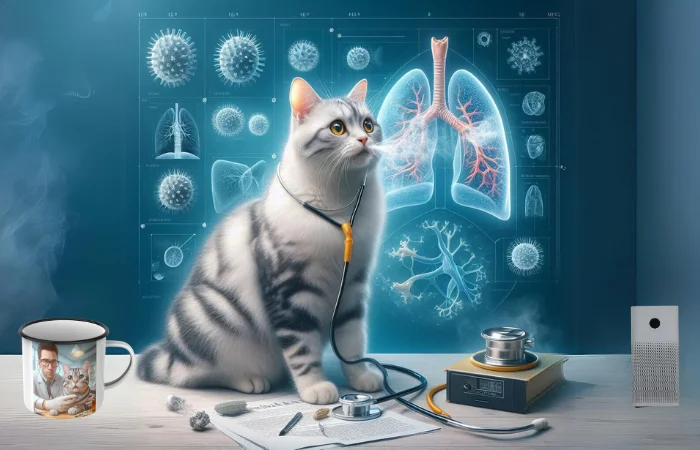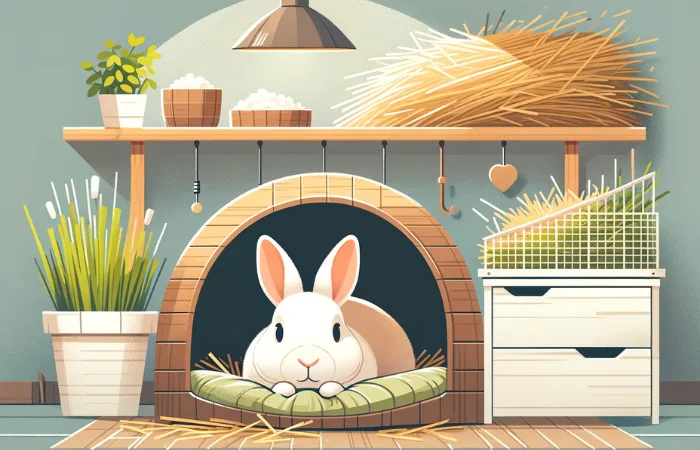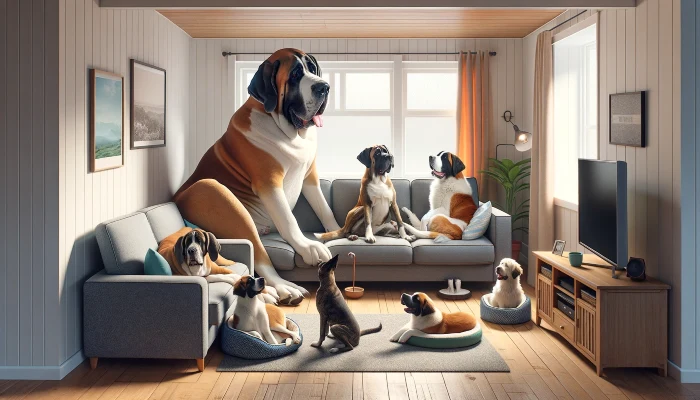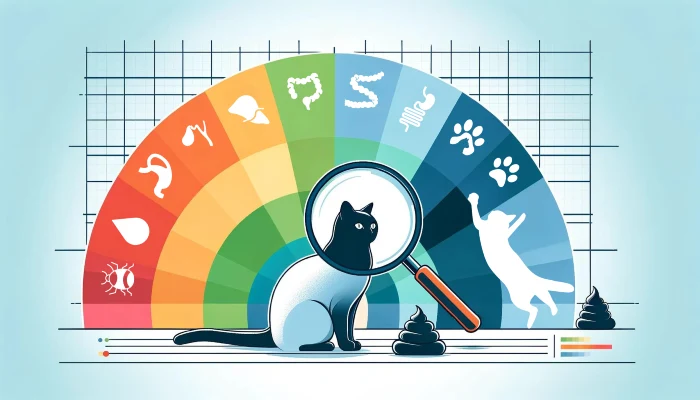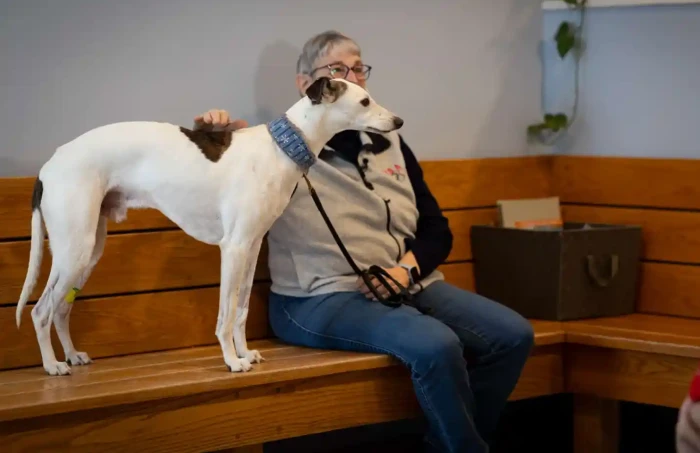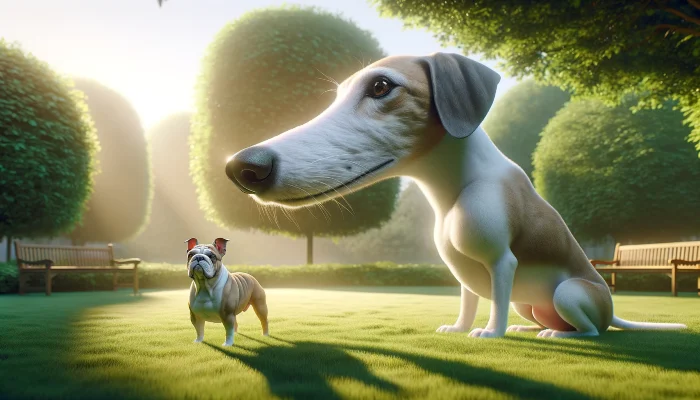Training a new puppy can be challenging. Here are ten common mistakes people make during puppy house training and how to avoid them.
- Inconsistent Schedule
A consistent schedule is crucial. Feed, play, and take your puppy outside at the same times every day. This helps establish a routine, making it easier for your puppy to understand when it’s time to go outside. Consistency creates habits.
- Lack of Supervision
Supervision is key to successful house training. Keep a close eye on your puppy, especially after meals, naps, and play sessions. Use a crate or a confined area when you can’t supervise. Remember, if you don’t see it, you can’t fix it.
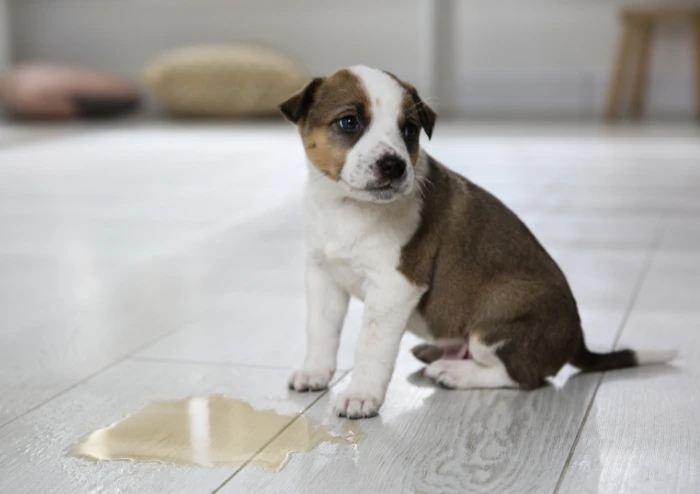
- Punishing Accidents
Punishing your puppy for accidents can create fear and confusion. Instead, focus on positive reinforcement when they go outside. Praise and reward them immediately after they finish their business outdoors. Be patient and supportive, and don’t reward with food so frequently that you risk your puppy becoming overweight.
- Ignoring Signs
Learn to recognize your puppy’s signals that they need to go out. Common signs include sniffing the floor, circling, and whining. Act quickly and take them outside as soon as you notice these behaviors. The more you watch, the more you’ll learn.
- Not Using a Crate
Crates can be incredibly effective for house training. They provide a safe space for your puppy and help teach bladder control. Make sure the crate is the right size – large enough for them to stand and turn around, but not too big. Use the crate to manage their space and timing. Playpens, like the one below, are also very handy during this time of puppyhood.
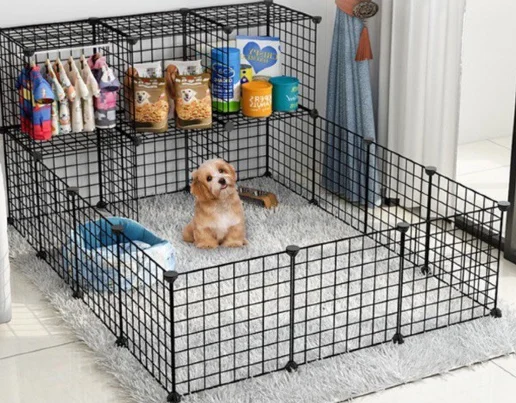
- Overlooking Post-Crate Trips
Take your puppy outside immediately after they come out of their crate. This helps reinforce that the crate is for resting, not for relieving themselves. Establish a routine of taking them out before and after crate time.
- Not Planning for “Accident Times”
There are five key times when puppies are likely to have accidents: before and after they go in their crate, before and after a meal, after a nap, before and after play sessions, and anytime you’re unsure. Plan for these moments and take them out accordingly.
- Expecting Overnight Success
House training takes time and patience. Be consistent with your schedule, including feeding times and training methods. Expect setbacks and handle them calmly and consistently. Progress can be slow, but persistence pays off.
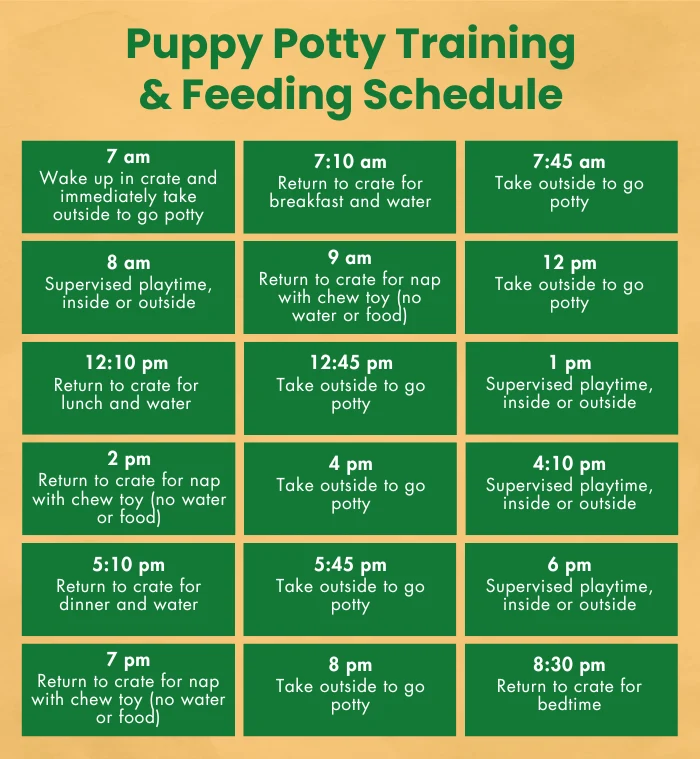
- Letting Them Roam Freely Indoors
When puppies have free rein of the house, it’s harder to prevent accidents. Keep them in a confined space or on a leash with you to ensure they don’t sneak off to pee. More control leads to better results. Remember, this is a temporary phase. Once your puppy is fully house-trained, he or she can enjoy their home to the fullest.
- Not Cleaning Up Accidents Properly
If you don’t clean up accidents thoroughly, the scent can attract your puppy back to the same spot. Use an enzyme cleaner to remove all traces of urine or feces.
Bonus Tip: Understanding Regional Differences
Different regions in the U.S. may require adjustments to house training due to climate and living conditions. For example, in colder regions, you might need to provide a sheltered outdoor space for potty breaks.
- Midwest: Ensure a sheltered outdoor area for winter.
- South: Be mindful of hot pavement and provide shaded potty spots.
- Northeast: Prepare for snow and icy conditions.
By avoiding these common mistakes and implementing these tips, you can make house training your puppy a smoother and more successful process.
Remember, patience and consistency are key to helping your puppy learn and grow into a well-behaved family member.








